
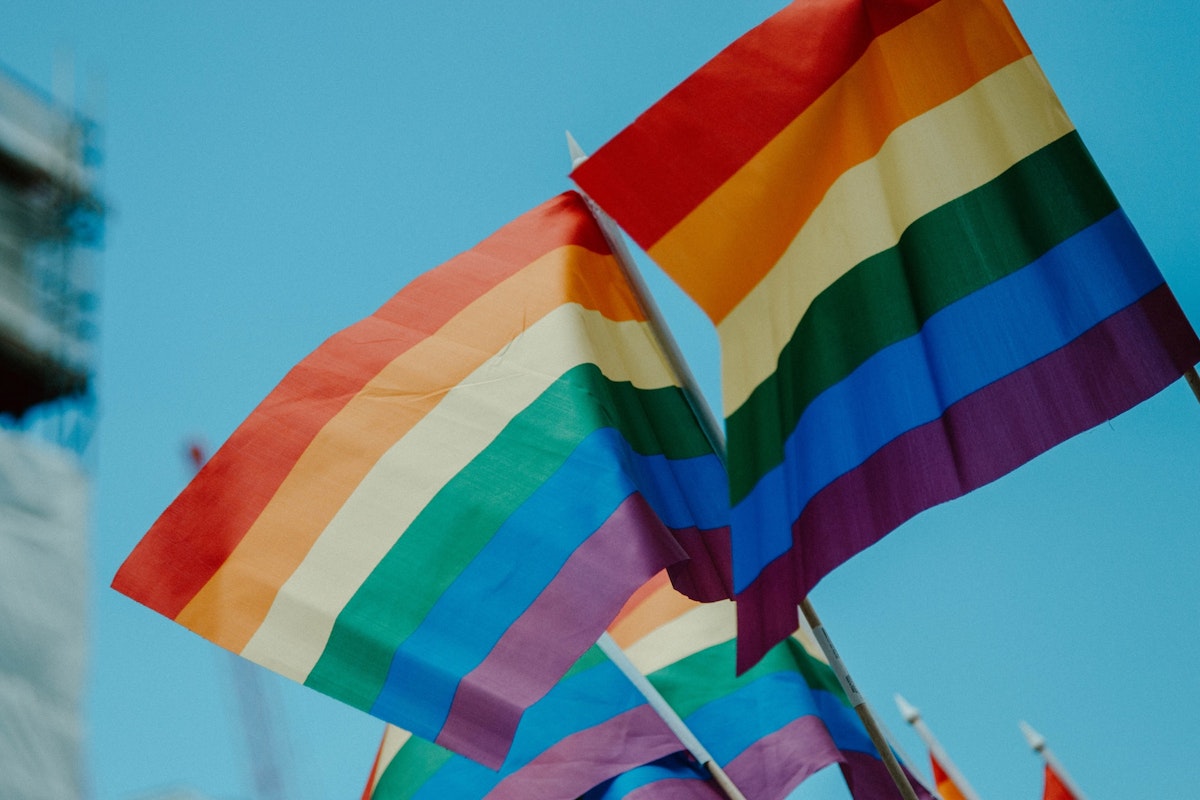
Japan is known for its rich history, beautiful traditions and modern technology. But when it comes to LGBTQ rights and acceptance, Japan is a mix of progress and old-fashioned ideas. This blog post will explore the LGBTQ community in Japan, looking at the culture, rights, and challenges faced by LGBTQ individuals.
We will also discuss how Japan is changing and what the future might hold for LGBTQ people in this unique country.
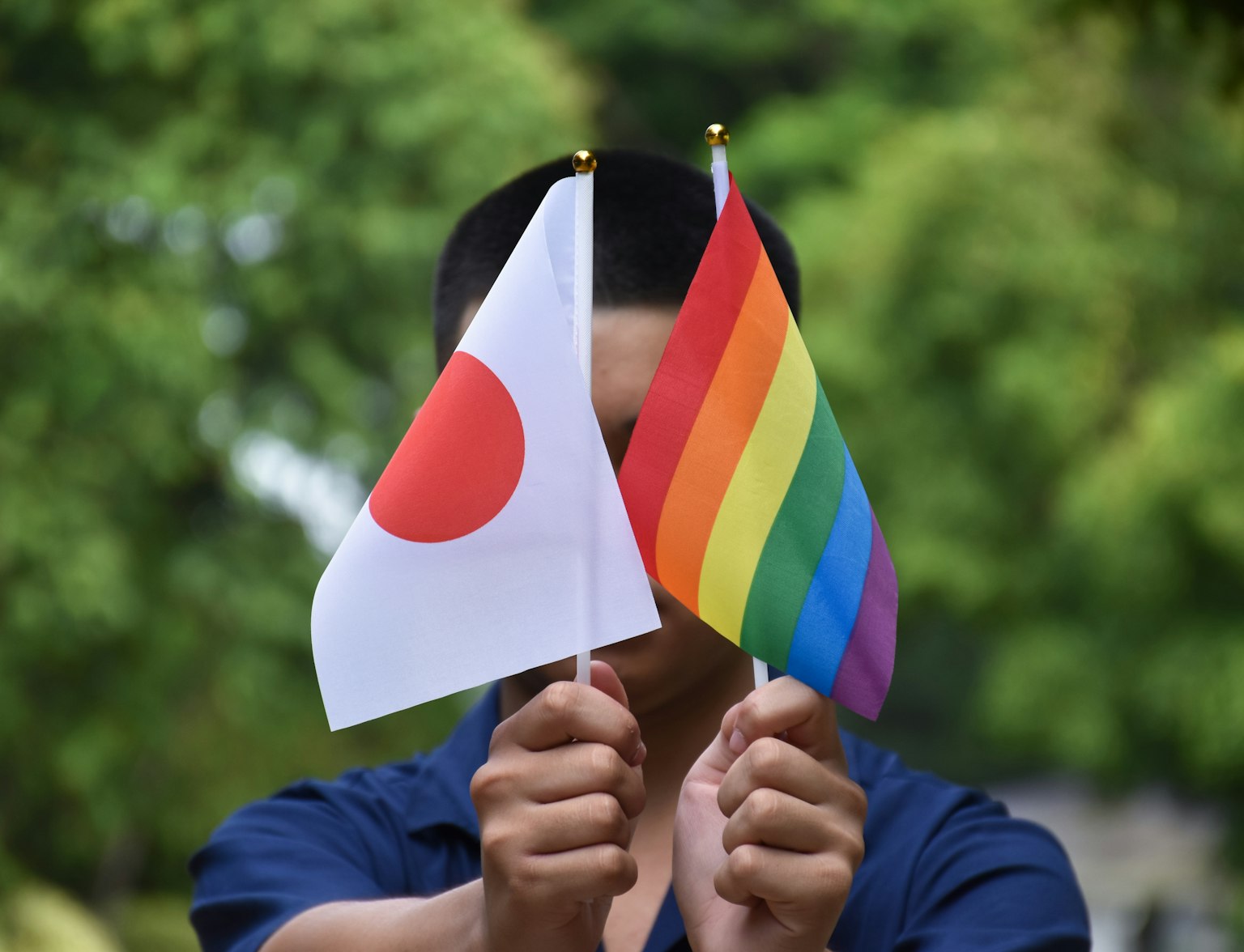
Dive into the vibrant heart of Osaka's LGBTQ+ nightlife with an immersive tour in Shin-sekai, exploring historic enclaves, modern cultures, and cozy bars.
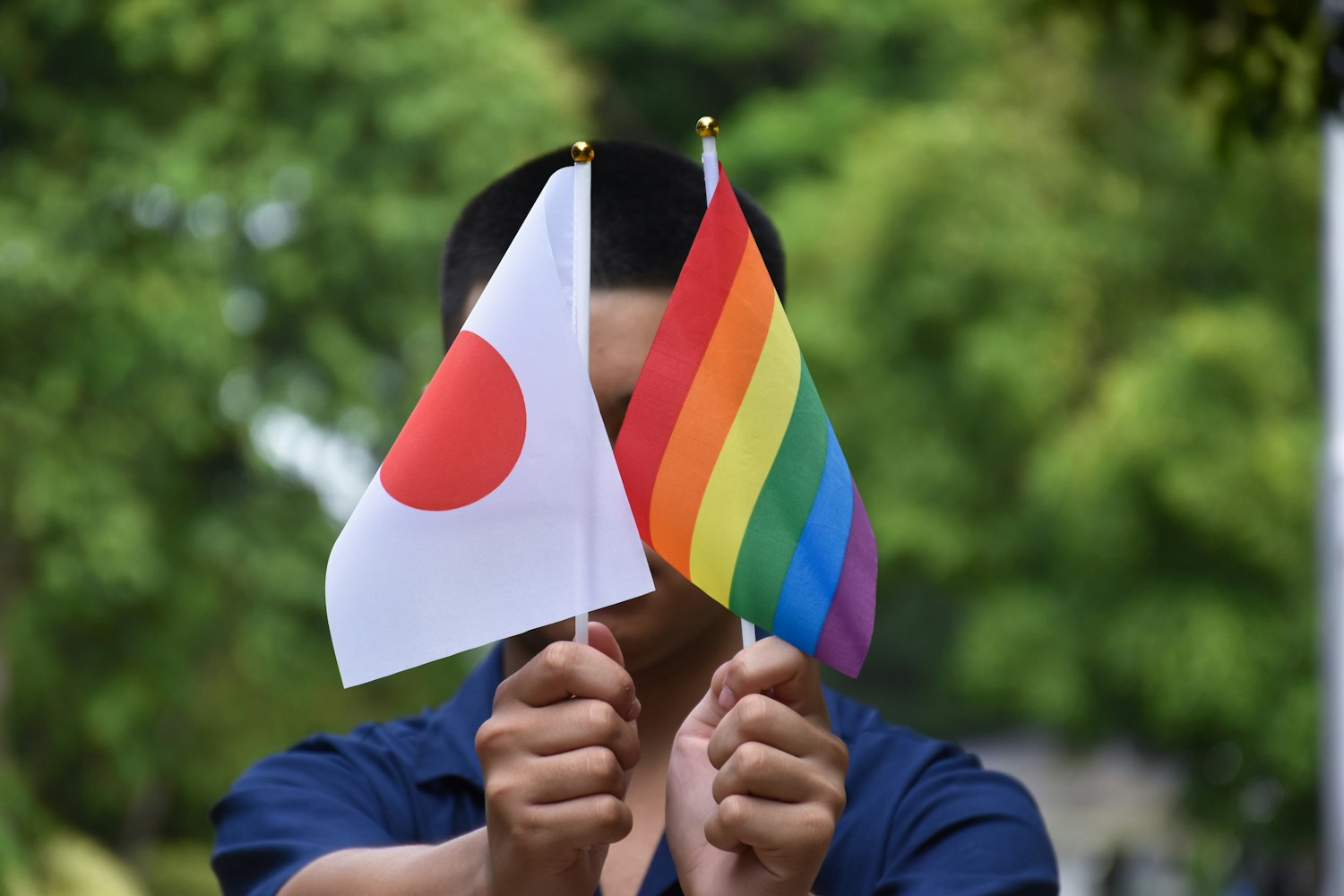
Historically, homosexuality in Japan was neither explicitly condemned nor widely accepted. During the Edo period (1603-1868), same-sex relationships, particularly between samurai and their apprentices, were relatively common and documented.
However, with the influx of Western influence during the Meiji Restoration (1868-1912), societal attitudes towards homosexuality began to shift, leading to a more conservative stance. Today, Japan remains a country where traditional values and modern perspectives coexist, influencing public perceptions of LGBTQ individuals.
In Japan, same-sex relationships are not illegal, but LGBTQ people do not have the same legal rights as heterosexual couples. Same-sex marriage is not allowed by the national government, but some cities and regions, like Tokyo and Osaka, offer partnership certificates.
These certificates give couples some benefits, such as being able to visit each other in hospitals. Some companies are also becoming more supportive by creating LGBTQ-friendly workplaces. Even though progress is slow, more people are speaking up for equal rights.
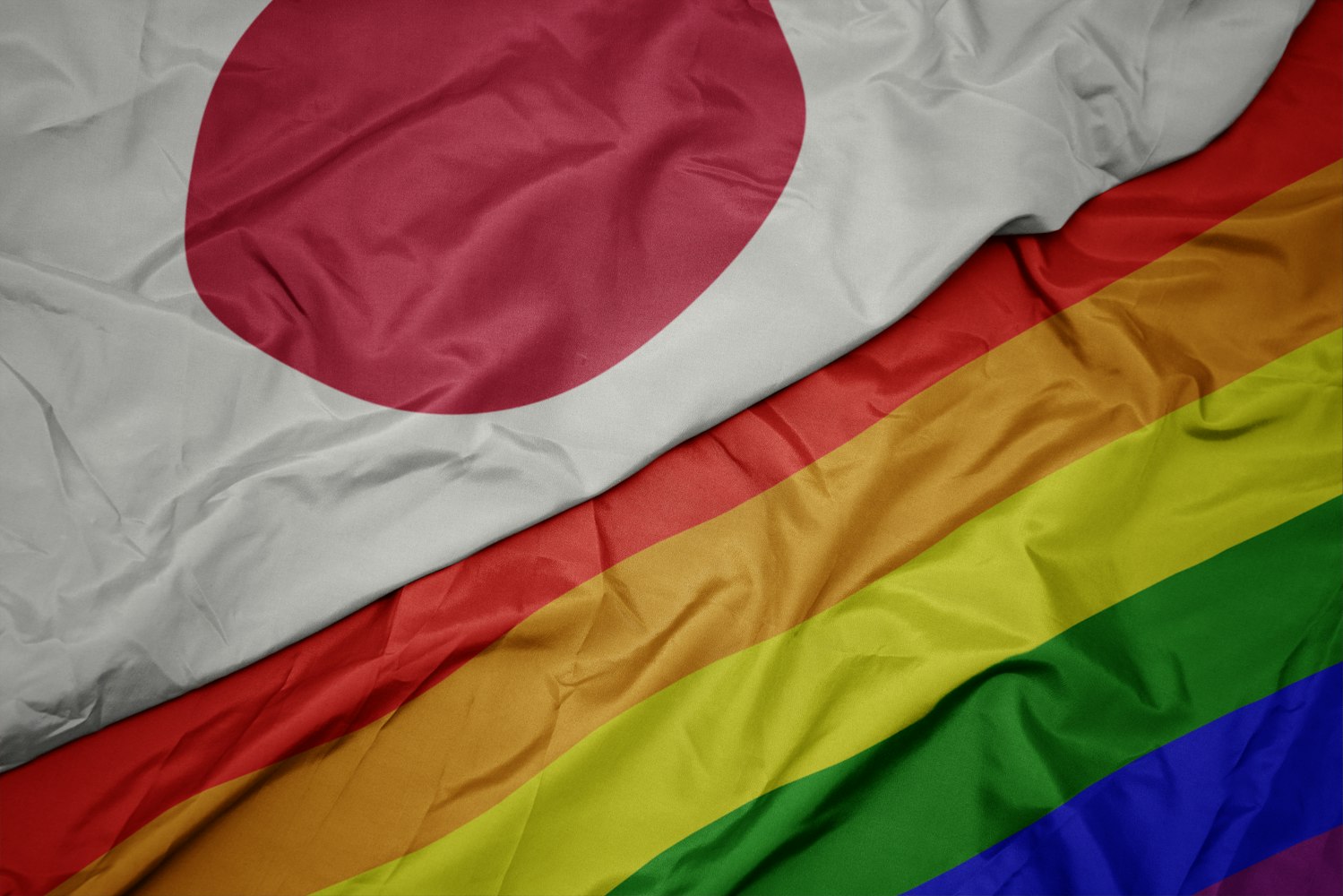
Many LGBTQ people face challenges when it comes to being accepted. Although there is little open discrimination, society expects people to follow traditional roles, which makes it hard to come out.
Families often expect individuals to marry and have children, and this pressure can make LGBTQ people feel isolated. At work, some companies support LGBTQ employees, but many people still feel the need to hide their identity.
Awareness of LGBTQ issues is growing, especially among young people, but schools and public spaces still lack enough education about these topics. Slowly, society is becoming more accepting, and younger generations are showing more understanding and support for LGBTQ people.
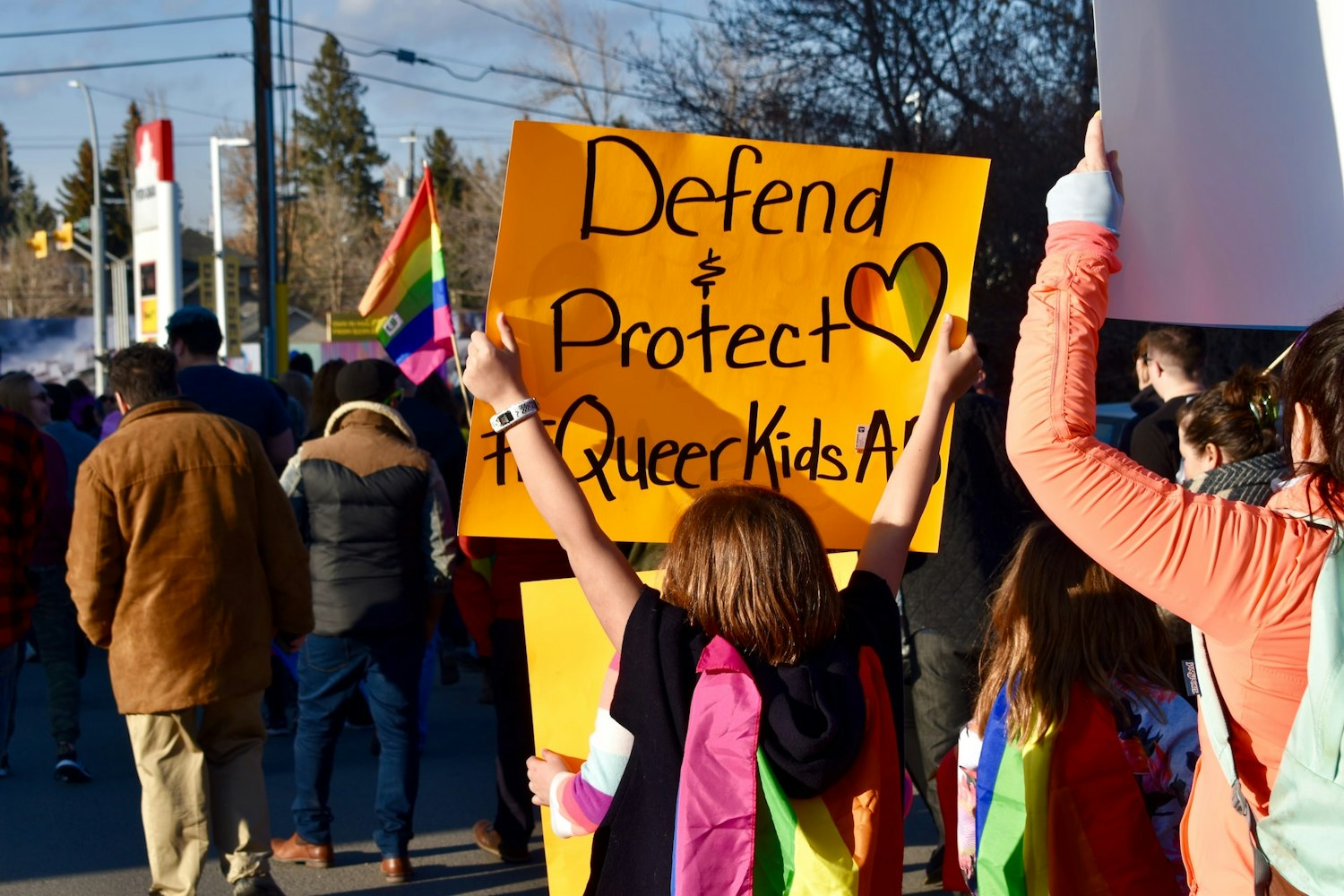
Japan has many LGBTQ events where people can celebrate and support the community. The biggest event is the Tokyo Rainbow Pride, held annually in Tokyo. Thousands of people, including LGBTQ individuals, allies, and businesses, join to show their support for equality and diversity.
Other important LGBTQ events in Japan include:
Osaka Rainbow Festa: A lively festival in the Kansai area that celebrates LGBTQ pride.
Kyushu Rainbow Pride: An event that helps increase LGBTQ visibility in southern Japan.
Nagoya LGBTQ Week: A series of events and activities that promote LGBTQ rights and awareness.
These events help LGBTQ people feel connected and supported while also spreading awareness about equality and acceptance.
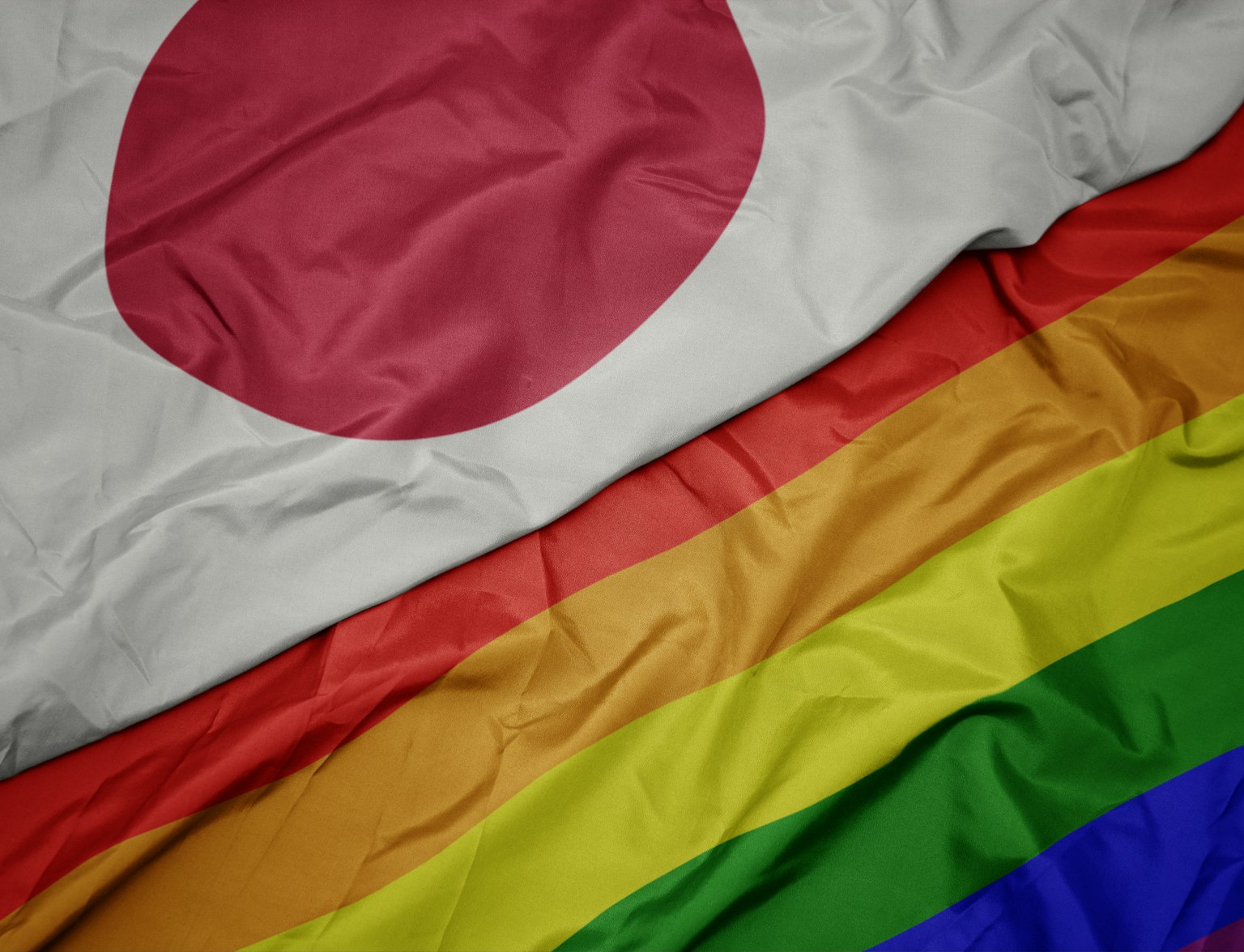
Discover the exclusive journey through Tokyo's vibrant LGBTQ+ scene, from the historic charms of Asakusa to the bustling nightlife of Shinjuku.
Japan is home to several LGBTQ-friendly areas, with Tokyo's Shinjuku Ni-chome district being the most famous. This bustling area boasts a wide range of LGBTQ bars, clubs, and community centers catering to locals and tourists alike. Other LGBTQ-friendly cities include:
Osaka: Known for its lively LGBTQ nightlife and welcoming atmosphere.
Kyoto: While more traditional, Kyoto has a growing number of LGBTQ-friendly establishments.
Fukuoka: Offering a relaxed and accepting environment for LGBTQ visitors.
Travelers to Japan will also find LGBTQ-friendly accommodations and tour operators who cater to their needs, ensuring a comfortable experience.
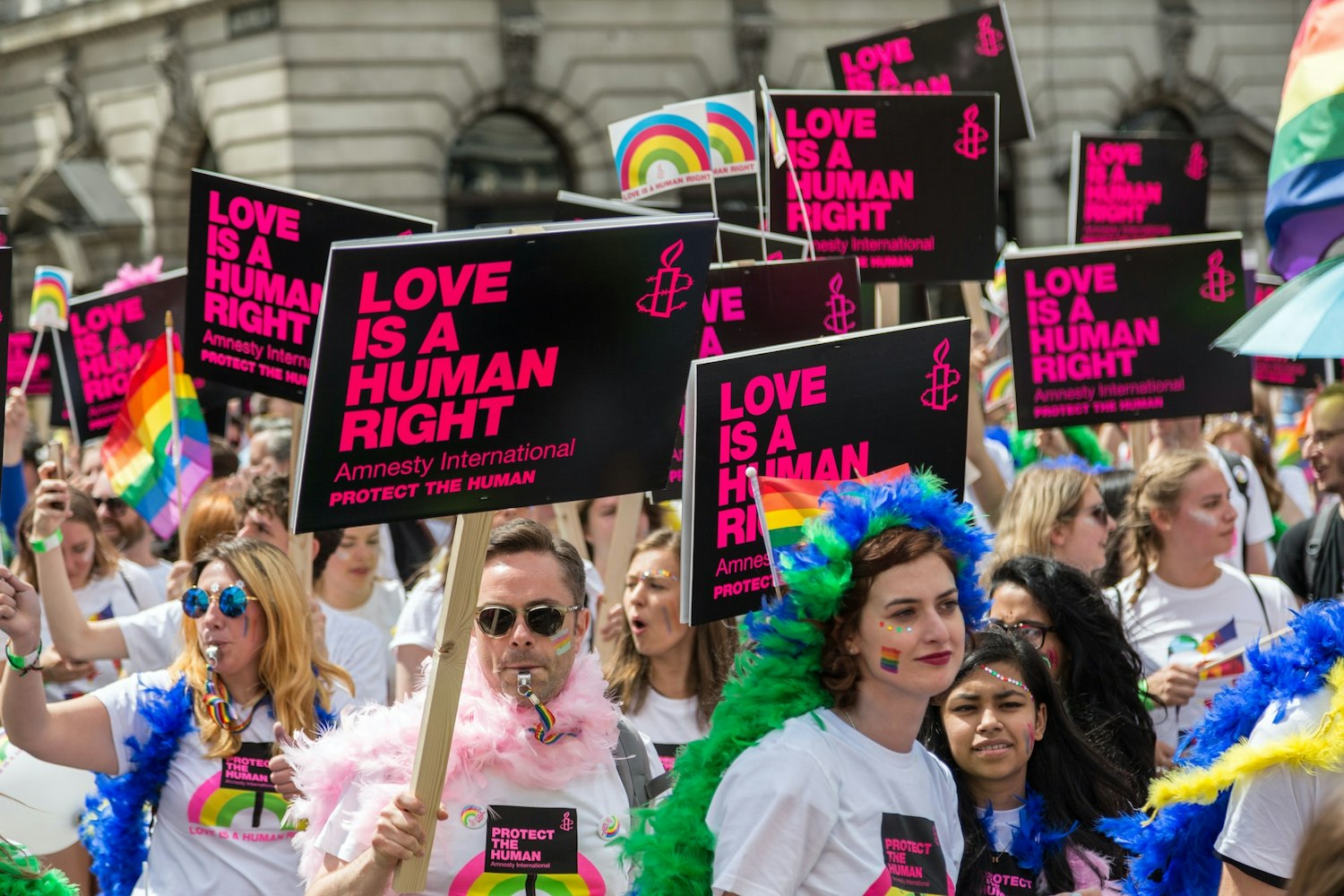
LGBTQ people are becoming more visible in media and pop culture. Some anime and manga, like "Yuri on Ice" and "Wandering Son," show positive LGBTQ characters and stories. A few celebrities, such as transgender star Ai Haruna and writer Chizuko Ueno, help raise awareness about LGBTQ issues.
Social media is also a place where LGBTQ people can share their experiences and find support. However, there are still many stereotypes, and more accurate and diverse portrayals are needed in movies, TV, and other media. Japanese media has a mixed track record when it comes to LGBTQ representation.
The question of whether Japan is LGBTQ-friendly depends on various factors. While Japan offers a relatively safe environment with low levels of overt violence against LGBTQ individuals, the lack of legal protections and societal pressure to conform present significant challenges. However, attitudes are evolving, and there is increasing visibility and support for LGBTQ individuals, particularly in urban areas.
Visitors to Japan who identify as LGBTQ can generally expect a welcoming experience in major cities, especially in LGBTQ-friendly districts like Shinjuku Ni-chome. Nevertheless, discretion may still be advised in more rural and conservative regions.

The future of LGBTQ rights in Japan is slowly improving. More people are speaking up for equal treatment, and activists are working to make same-sex marriage legal across the country. Schools and public campaigns are starting to teach more about LGBTQ issues to help people understand and accept different identities.
Some companies are also developing policies to support LGBTQ employees and make workplaces more inclusive. Although progress is slow, with continued efforts, Japan can become a more welcoming place for everyone.



